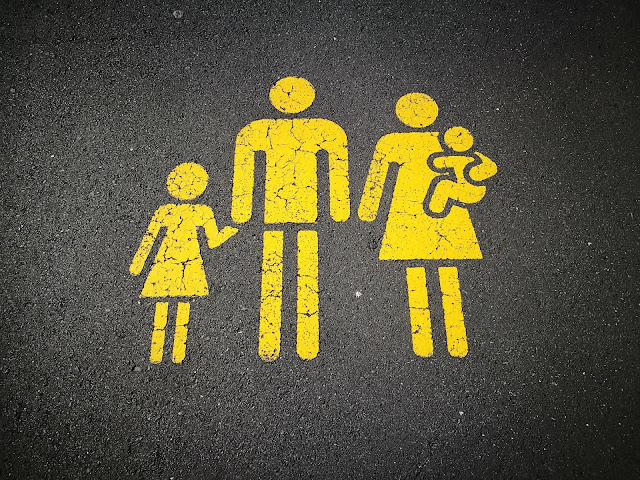Assessments and Trauma in Pop Culture
For our final supervision session, we were taught how the children’s assessments are conducted to monitor their progress. They are conducted once at the beginning of the month and then at the end - designed to measure their levels of interaction, engagement, emotional expression and creativity.
All of our observations come into play while determining how much to score individual children. As we went into the details of each aspect of the assessment, we were also asked to think about some of these behaviours we might have noticed during our own sessions. For example, a boy in one of our groups barely interacts with us but engages in the given activity. We would then score him high on engagement but low on interaction. Some of the kids seek constant attention, some do not interact at all. We would have to make not of all of this, the consistency of this behaviour and as well as the contexts. This also made us realise just how much effort it takes to observe and note down the behaviour of each of the children, with at least 10 of them in each session. This assessment would help to design further modules based on the receptivity and progress of the children.
The second half of our session was about the movie ‘Joker’ and how ACEs were shown to contribute to afflictions in the future. It was a fun discussion for me - to look at the cinematic and psychological shifts of one of the most evil antagonists of comic book history. We then compared the Joker’s response to ACEs to Batman’s. We reached the conclusion that neither of the characters had effectively dealt with their traumas though Batman showed a recovery arc towards the end - the consequence of protective factors in the form of Alfred the Butler and his massive wealth. For me, this discussion only highlighted the fact that access to mental health needs to extend to all communities to help deal with trauma better and effectively. Every individual deserves to discover and make use of the protective factors around them to heal from their trauma - something mental health and trauma interventions can bring.



Comments
Post a Comment